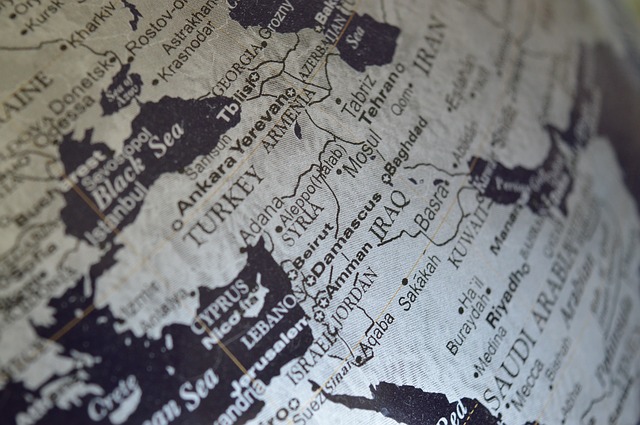Following the reported use of chemical weapons agents in East Mosul, Iraq, WHO, partners and local health authorities have activated an emergency response plan to safely treat men, women and children who may be exposed to the highly toxic chemical.

Since 1 March, 12 patients including women and children with respiratory symptoms and blistering have been received for treatment by a referral hospital in Erbil according to local health authorities. Of these, 4 patients are showing severe signs associated with exposure to a blister agent. WHO and partners are working with health authorities in Erbil to provide support in managing these patients.
Since the beginning of the Mosul crisis, WHO has been taking concrete steps to ensure preparedness for the potential use of chemical weapons, together with local health authorities. As part of a chemical weapons contingency plan, WHO experts have trained more than 120 clinicians and provided them with equipment to safely decontaminate and stabilize patients before they are referred to pre-identified hospitals for further care. Field decontamination and contaminated patients stabilization are built into all field hospitals, and referral systems to pre-identified hospitals are in place.
WHO is extremely alarmed by the use of chemical weapons in Mosul, where innocent civilians are already facing unimaginable suffering as a result of the ongoing conflict.
ISIS has used chemical weapons in Iraq and Syria at least 52 times according to a report published late last year by IHS conflict monitor, a London-based research and intelligence gathering group.
The report said that at least 19 of the 52 attacks took place in and around Mosul.
Lise Grande, the UN humanitarian coordinator in Iraq, called for an investigation. “This is horrible. If the alleged use of chemical weapons is confirmed, this is a serious violation of international humanitarian law and a war crime, regardless of who the targets or the victims of the attacks are,” she said in a statement.
The use of chemical weapons is a war crime and is prohibited in a series of international treaties. These include the Hague Declaration concerning Asphyxiating Gases, the 1925 Geneva Protocol, the Chemical Weapons Convention and the Statute of the International Criminal Court (ICC).
Related:


2 thoughts on “Iraq: Chemical weapons reportedly used in Mosul, WHO responds”